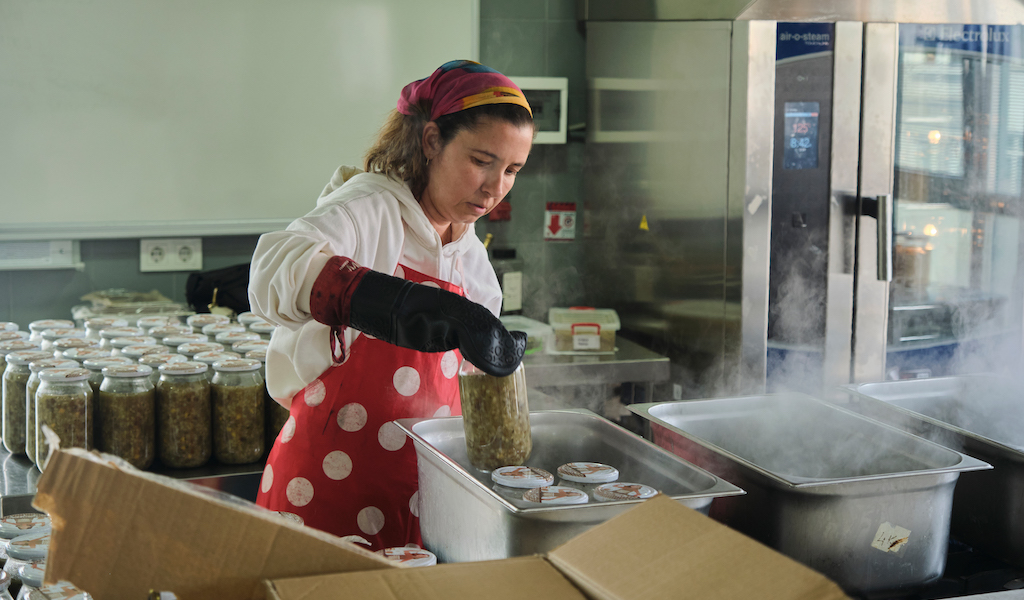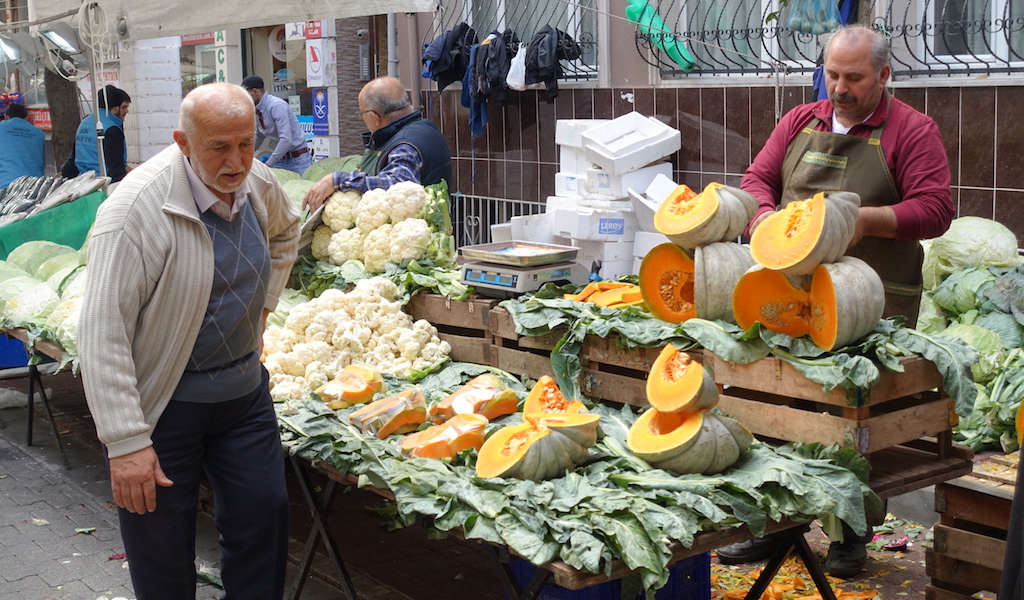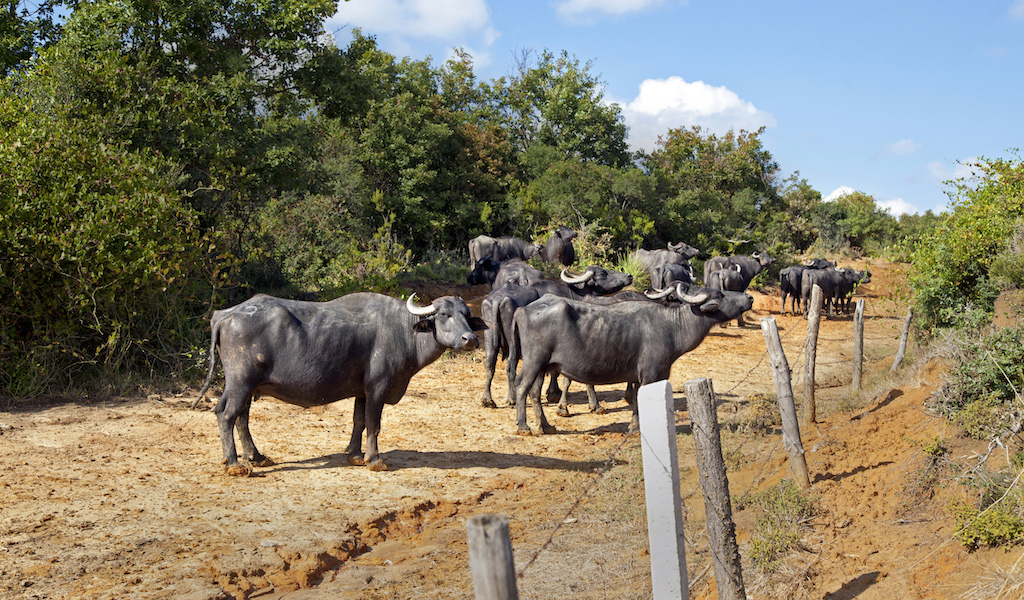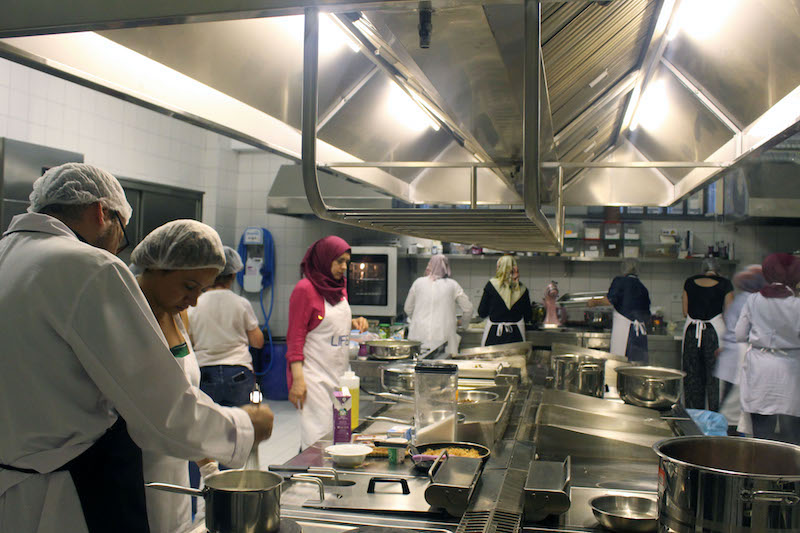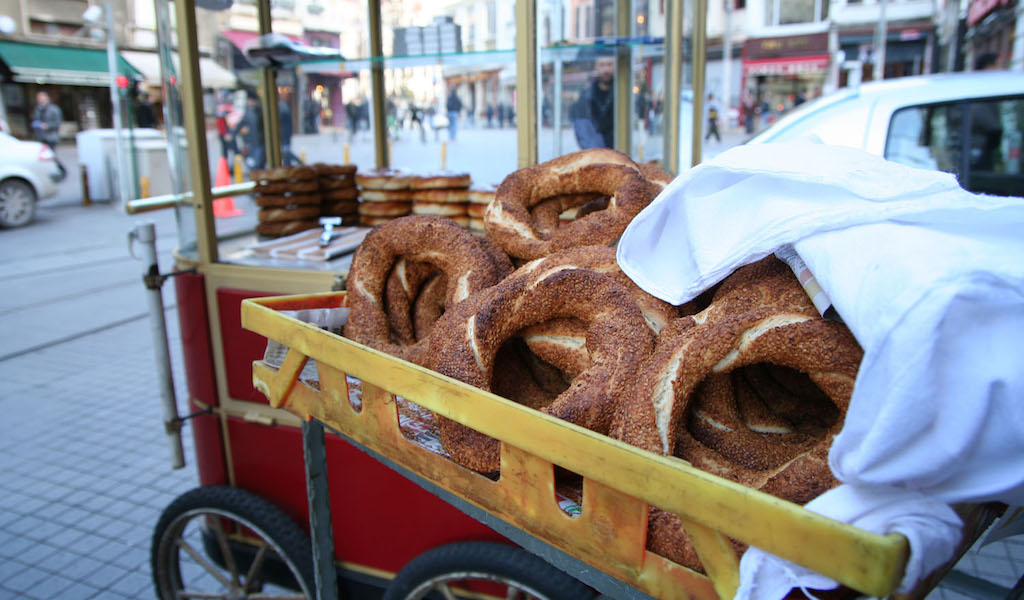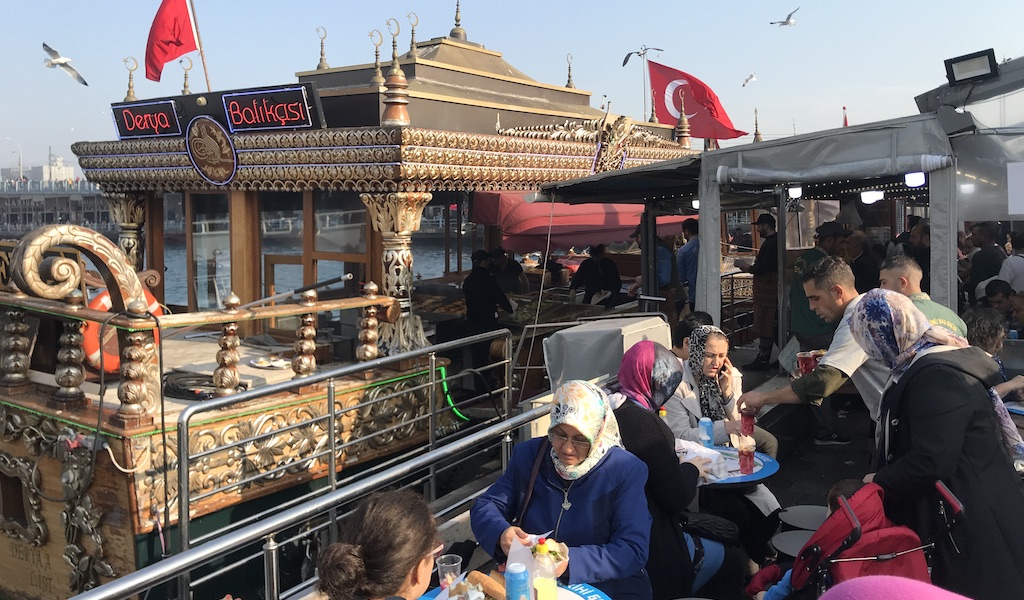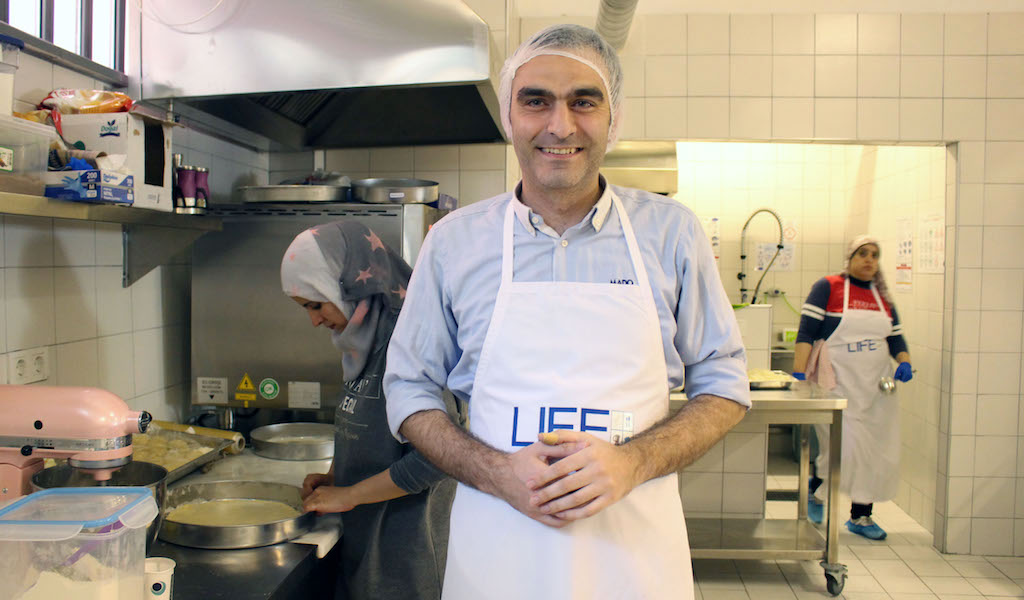We can't find the internet
Attempting to reconnect
Something went wrong!
Hang in there while we get back on track
Search results for "Jennifer Hattam"
Istanbul
Earthquake Aid From Istanbul: Feeding and Supporting Those In Need
Chefs Kaan Sakarya and Derin Arıbaş usually spend their days preparing elegantly plated dishes like lamb tenderloin with warm cherry freekeh and purslane at Basta! Neo Bistro, the duo’s second joint venue in Istanbul’s Kadıköy neighborhood after their popular gourmet-wraps spot Basta! Street Food Bar. Both trained at French culinary institutes, they still refer to mise en place when talking about their prep cooking – even when that means setting things up inside a tent to make vats of soup to serve 700 people. Since a pair of massive earthquakes struck a broad swath of southeastern Turkey on February 6, more than 200 chefs from across the country have headed to the disaster area as part of an ad hoc response called the Acil Gıda Kolektifi (Emergency Food Collective).
Read moreIstanbul
The Price Isn’t Right: Economic Turmoil Bites in Istanbul
Despite the bitter January cold, surging cases of Omicron and roaring inflation, Istanbul seemed its usual vibrant self on a recent Friday night: Our first choice restaurant was fully booked, even in its expanded space, and the new neighborhood ocakbaşı where we ended up bustled pleasantly, with every seat taken at the large counter encircling the grill. But appearances can be deceiving. “Meyhanes are still full, but people are eating less, drinking less; they can’t afford to consume like they did before,” says chef Aliye Gündüzalp, one of the owners of Müşterek meyhane in Beyoğlu.
Read moreIstanbul
Climavore: Turkish Food Faces a Changing Climate
Turkey’s rich regional food culture reflects its diverse landscapes: seafood, olive oil and wild greens along the Aegean Sea; wheat- and meat-heavy dishes in the country’s heartland; corn, collards and anchovies on the rugged Black Sea coast. But with climate change altering the environments that produced those ingredients, what will happen to the dishes they inspired? Will the way people in Turkey eat have to change too? And if so, how? Those are the kinds of questions posed by CLIMAVORE: Seasons Made to Drift, a thought-provoking exhibition on display at Istanbul’s SALT Beyoğlu cultural center on İstiklal Caddesi until August 22.
Read moreIstanbul
A New LIFE: Helping Refugees Become Food Entrepreneurs
In happier times in Aleppo, a sweet drink called sharab al-louz ¬– made with almond extract, milk and sugar – was a staple at celebratory events such as engagement parties and weddings, Ammar Rida recalls. That was before he had to leave his job as a lecturer at the University of Aleppo and flee Syria lest he be conscripted to fight in the war that has been ravaging his country since 2011. Today, Rida, a serious man in his late thirties with short salt-and-pepper hair and a stubbly beard, is working to establish a business selling sharab al-louz and other healthy, natural drinks – some traditional to Syria and others he is developing based on his background in food science – at restaurants in Istanbul.
Read moreIstanbul
Building Blocks: Simit, Turkey’s Lord of the (Bread) Rings
Sold by roving vendors, street carts and bakeries, spread with a triangle of soft cheese or tossed to circling seagulls from the ferry, the humble simit has become a quintessential symbol of Istanbul – and of Turkey more broadly. But there’s more to this sesame-coated bread ring that it may at first appear, as demonstrated by the reactions last autumn to a piece of unexpected news from abroad. “Hang out the flags!” Turkish food-delivery giant Yemeksepeti tweeted exuberantly when the Oxford English Dictionary announced in October 2019 that the word “simit” had been officially added as an entry, saving future translators from having to employ awkwardly inadequate substitutes such as “Turkish bagel” when writing in English about the popular snack. Amid the general celebrating on social media, however, one group of Turks was decidedly not pleased.
Read moreIstanbul
Fish Out of Water: An Iconic Istanbul Sandwich’s Uncertain Future
On a blustery, drizzly winter afternoon in Istanbul, Muhittin Öztürk swipes his cell phone until he finds the photo he’s looking for: three men clad in blue aprons, standing behind a grill inside a small fishing boat. “That one’s my father, that one’s my uncle,” Öztürk says, pointing at the image. “This is the culture I come from.” Now a 35-year veteran of the business, Öztürk is the owner of the Derya, one of three gaudily adorned neo-Ottoman-style vessels moored to the shoreline in Eminönü, where a crew of cooks and waiters serve up fish sandwiches – balık ekmek (literally, “fish bread”) in Turkish – at a rapid pace to heaving crowds, most of whom are tourists.
Read moreIstanbul
A New LIFE: Helping Refugees Become Food Entrepreneurs
In happier times in Aleppo, a sweet drink called sharab al-louz ¬– made with almond extract, milk and sugar – was a staple at celebratory events such as engagement parties and weddings, Ammar Rida recalls. That was before he had to leave his job as a lecturer at the University of Aleppo and flee Syria lest he be conscripted to fight in the war that has been ravaging his country for the past seven years. Today, Rida, a serious man in his late thirties with short salt-and-pepper hair and a stubbly beard, is working to establish a business selling sharab al-louz and other healthy, natural drinks – some traditional to Syria and others he is developing based on his background in food science – at restaurants in Istanbul.
Read more